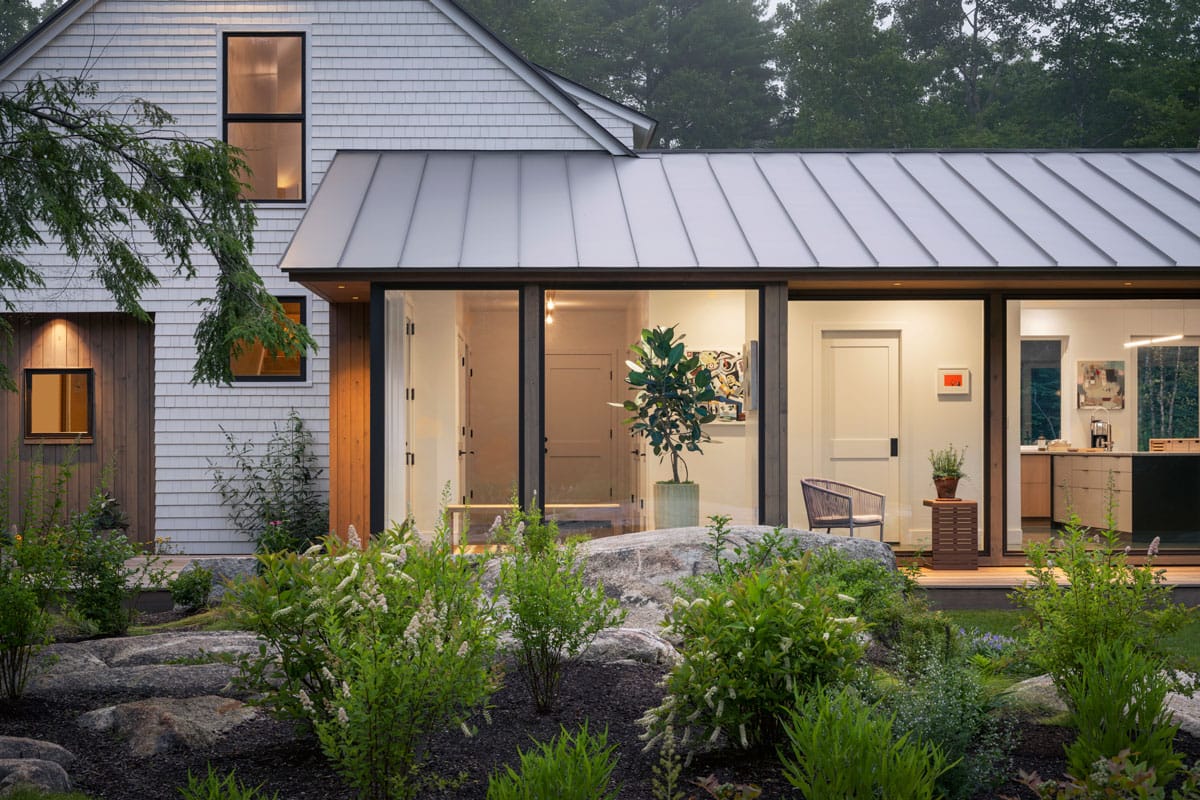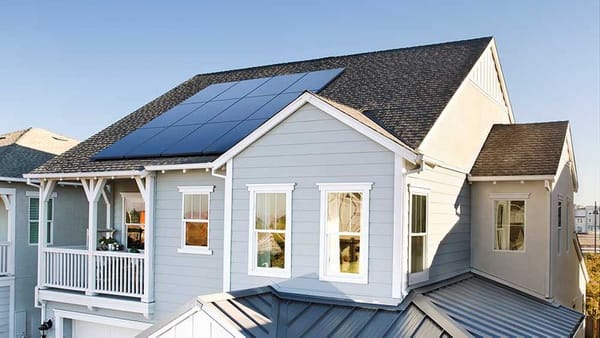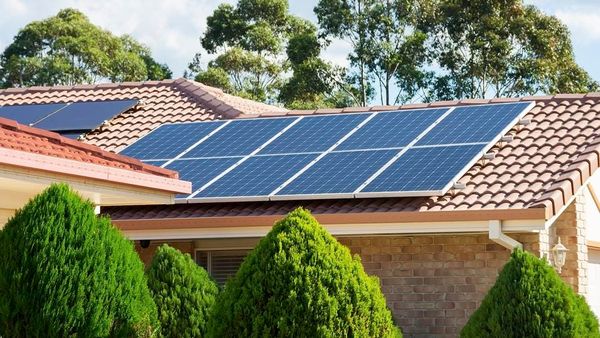As a homeowner, you may sometimes worry about various expenses that arise from running your house, including energy bills. With the rising cost of living, it has become even more crucial to find practical ways to save money. Embracing the right energy-saving practices can reflect positively in your pocket. So, whether you want to save money, reduce climate change effects, support energy conservation efforts, or create a better quality of life, below are nine tips you can consider.
- Draft-proof your doors and windows
If your home isn't freshly built, chances are it’s letting a bit of heat sneak out through gaps in doors, windows, floors, and even the chimney. Hiring a professional to seal up those spots can set you back around $300, but it’s an investment that pays off. You can save around $90 a year on energy bills. However, if you’re a handyman, DIY draft-proofing is a budget-friendly alternative.
- Turn off standby mode
Make it a habit to switch off standby mode on your appliances if you want an easy way to pocket some extra bucks. Doing this could save you around $55 a year. Almost all your gadgets can be unplugged without messing up their settings. For an even smoother operation, consider getting a standby saver or smart plug, which lets you cut the power to all your devices in one shot. If you’re unsure about any gadget, read through the user manual. For example, some recorders, like digital TV and satellite ones, need to stay plugged in to track your favorite TV shows.
- Be kitchen-savvy
There are simple adjustments you can make in your kitchen to save energy. For instance, kettles are regular features in homes, and they often see a lot of action. However, there may be times when you fill them up more than necessary, which can be wasteful. Avoid overfilling your kettle, and you’ll save around $14 a year on your electricity bill. You may also upgrade your tap by adding an aerator. This nifty device with tiny holes is easy to install and easy on the wallet. It can reduce water flow without sacrificing performance, pocketing you extra savings.
- Manage your heating and cooling
Anything above 20 degrees might increase your heating expenses by 10%. Heating might account for more than 30% of your expenses throughout the winter. So, adjust your thermostat to 18 to 20 degrees in the winter and raise it to 26 degrees or higher in the summer. Unoccupied rooms can have their heating or cooling turned off in some ducted systems. Switch to a more energy-efficient HVAC to save money. Also, swapping an electric fan heater for a split system, for example, may save you $700 per year in energy costs. Using the reverse cycle system in your heating setting can lower your winter heating expenditures while boosting its efficiency.
- Fix faulty appliances
Faulty appliances can drain significant energy, silently sipping away more power than their efficient counterparts. When appliances develop faults, their internal mechanisms often struggle to perform optimally, causing increased energy consumption. Leaky seals, malfunctioning thermostats, or worn-out components can force appliances to work hard and longer than necessary. It is best to give your appliances the needed repairs to get them working efficiently. At the same time, if your appliances such as your HVAC system are faulty and you cannot afford to upgrade to a new one, you can check online retailers like Genuine Replacement Parts for affordable parts to get your existing HVAC running more efficiently.
- Switch to solar energy
Solar power is a great way to generate your own electricity and bid farewell to those hefty energy bills. You may also go the extra mile with solar hot water systems, ditching gas charges. It would be helpful if you explore solar energy, learn about feed-in tariffs, get some cool incentives, and acquire more installation insights from energy experts. Switching to sustainable energy is impactful for saving energy, reducing your carbon footprint, and shaping a greener future. It’s certainly a win-win situation.
- Switch to energy-saving lighting
Light bulbs and fixtures can account for at least 15% of your monthly energy bills. However, you can supercharge your savings by making the switch to energy-efficient lighting. Energy-saving bulbs like LED ones could slash up to 80% off your lighting costs. These bulbs not only use less power but also have a longer lifespan, saving you both money and the hassle of frequent replacements. It’s a bright idea that puts more dollars in your pocket and less strain on the environment.
- Fill your dishwasher
Loading up your dishwasher is not just for dirty dishes but also energy savings. Fill it to the max to make the most out of each wash. When you run your dishwasher with a full load, you’re not just cleaning dishes but also cutting down on energy usage. This efficient approach reduces the number of cycles needed and prevents wasted water and electricity. Don't let your dishwasher work overtime with half-full loads. Instead, pack it up, save energy, and keep your utility bills in check. It’s a straightforward approach that puts more power into efficiency and lessens the burden on your wallet.
- Keep your curtains shut
Do you seek an effortless way to save energy at home? It can be as simple as keeping your curtains shut. When the sun is blazing outside, draw your curtains or blinds. By doing so, you keep the scorching heat at bay and reduce the number of times you have to use the air conditioning, in turn saving you some money. And in the colder months, closed curtains serve as an extra layer of warmth, giving your heating system a break. Plus, managing the sunlight that sneaks in is a smart move for a more pleasant indoor environment and lower energy bills.
The above are a few practical things you may do at home to save energy. Living in an energy-efficient home is beneficial for lowering heating and electricity expenses and staying secure and more comfortable during unplanned blackouts. Employing energy-saving practices can also enhance property market value and eventually improve your life’s quality.






